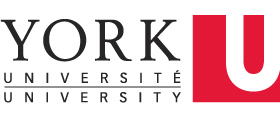Resistant and Transformative Politics in Korea: Labour, Social Reproduction and Visual Art
Cluster Objectives: The recent candlelight protests and mass mobilizations in South Korea were the most decisive factor in the impeachment of former president Park Geun-hye and the indictment of her cronies. At one protest in early 2017 it was estimated that more than one million protesters showed up in downtown Seoul to march and demand the impeachment of the president and the restoration of true democracy in the country. This recent political mobilization is just one example of a several decades-long tradition of resilient resistant politics in Korea. The persistent and militant labour mobilization among Korean workers from the 1980s has been the subject of discussions and debates in academia and within activist circles. The emergence of new forms of resistant politics has triggered the revision of the existing paradigms about Korea and stimulated efforts for a new theorization of the Korean society. As an integral part of social movements in Korea, visual contemporary art has undergone, over the last decade in Korea, an important transformation towards more participatory, dialogical, and collective practices for artists, rather than a mere representation of objects. In particular, socially engaged artists and cultural activists have collaborated with people in order to capture social problems and raise critical questions on the effects of visual art on social activism.
This cluster aims to advance knowledge of history and current processes of social movements in South Korea. Members of this cluster will investigate the resistant and protest politics that has emerged in contemporary Korea in the fields of labor, social policies, feminism, and visual art, and will reflect upon the transformative potentials of these politics. The research themes include contentious activism by workers against neoliberal market conditions, urban social movements with a focus on housing, community and gender equality, and new forms of political participation, social activism, and commemorative practices in visual art and culture.




